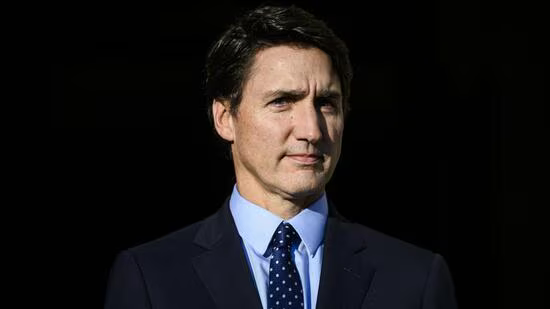As the world gathers for the 29th Conference of the Parties (COP29) in Dubai, Canada is playing a critical role in shaping the global climate agenda. Facing the direct impacts of climate change through events like wildfires and extreme weather, Canada is advocating for stronger international commitments to reduce greenhouse gas emissions, while grappling with challenges related to its domestic energy sector.
Canada’s Climate Commitments
Canada has long been dedicated to the Paris Agreement’s goal of limiting global temperature increases to 1.5°C. At COP29, the country has reiterated its commitment to reaching net-zero emissions by 2050 and urged other nations to intensify their climate efforts.
Prime Minister Justin Trudeau emphasized Canada’s priorities, which include accelerating the shift to renewable energy, reducing dependency on fossil fuels, and investing in cleaner technologies. Key initiatives also focus on expanding green infrastructure and advancing carbon capture technologies as essential components of Canada’s transition to a low-carbon economy.
However, despite these ambitious goals, Canada’s climate policies have faced criticism due to its continued dependence on oil and gas exports, which remain a significant part of the national economy. Striking a balance between economic interests and environmental objectives is a significant challenge as Canada seeks to enhance its role as a climate leader.
International Collaboration and Leadership
At COP29, Canada has been a vocal advocate for stronger international collaboration, particularly in climate finance for developing nations. Recognizing that climate change disproportionately impacts poorer countries, Canada has committed additional funding to help these nations adapt to the effects of climate change and transition to renewable energy.
Canada’s climate justice efforts extend to its Indigenous communities, which have been included in both domestic and international climate decision-making processes. By centering Indigenous voices in climate action, Canada has garnered recognition for promoting a more inclusive and equitable framework for addressing global environmental challenges.
Furthermore, Canada has been pushing for stricter rules on carbon markets and endorsing the development of a global carbon pricing system. By advancing these policies, Canada seeks to foster a unified international approach to climate action, encouraging all nations to reduce emissions in a fair and transparent manner.
Challenges with Domestic Energy Policies
While Canada is seen as a leader in global climate action, it faces domestic challenges, particularly concerning its energy policies. As one of the largest oil producers in the world, Canada’s energy sector remains central to its economy, and regions like Alberta have expressed concerns about the rapid shift away from fossil fuel production due to potential job losses and economic disruption.
To address these concerns, Canada has introduced policies aimed at supporting workers in the oil and gas sectors as they transition to new opportunities in the green economy. At COP29, Canada is expected to showcase its "Just Transition" initiative, which seeks to ensure that the move towards renewable energy is equitable and does not leave fossil fuel-reliant communities behind.
Despite these measures, critics argue that Canada’s ongoing investment in oil sands projects and pipeline infrastructure contradicts its climate leadership stance. This tension between environmental goals and economic interests remains a key issue in Canada’s climate discussions.
Looking Ahead: Canada’s Future in Climate Action
As COP29 progresses, Canada’s leadership in global climate talks will continue to evolve. The country’s emphasis on renewable energy, climate justice, and international collaboration sets an example for other nations. However, to maintain credibility, Canada must address its domestic challenges, particularly regarding its energy sector.
Moving forward, Canada’s ability to balance economic needs with the urgent demand for climate action will determine its success in the global arena. By continuing to advocate for ambitious climate policies both at home and abroad, Canada is positioning itself as a crucial player in the fight against climate change.


.jpg)
.jpg)
.jpg)
.jpg)
.jpg)





.jpg)



